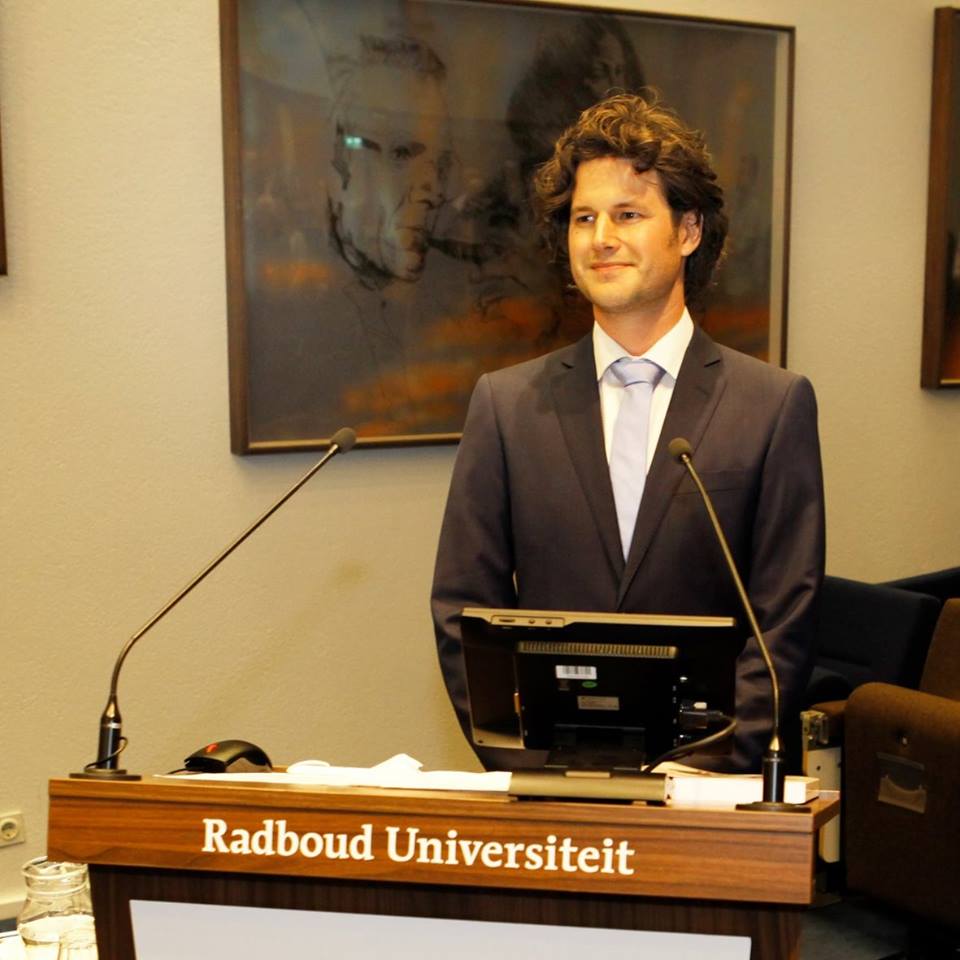Who should attend?
Anyone interested to learn about liberalism and its values are welcomed to participate in the component of liberal theories. Student must enroll and finish the first component in order to participate in the capstone research. Each student is expected to produce one research essay at the end of the capstone research. Therefore, if students are not interested in writing, it is recommended to enroll only the first part, the course on liberal theories
Course Summary
The course on capstone research will provide guidance and supervision for the students to transform these knowledge into analyzing contemporary Myanmar context. Students are asked to write one research essay of their favorite topic. There would be individual feedbacks and mentorship to finish the research alongside some instructions and presentations on academic writing, research methodology and trainings.
About the Course
Learning Procedure
- Students have to watch and study uploaded video, powerpoints and texts weekly.
- Students have to answer short questions and multiple choice according to the instruction of Dr. Bart.
- Students have to participate in online discussion with Dr.Bart and Hnin Wint Naing on Facebook Group
- You have to discuss online discussion with the facilitators on Facebook Group.
Capstone Research
If students are selected to continue on Capstone Research,
- They have to research in provided guidance and supervision of Dr.Bart.
- They have to write one research essay of their favorite topic.
Faculties

Dr. Bart Verheijen
Ph.D (Napoleonic Europe and Nationalism)
Course Instructor
Dr. Bart Verheijen holds his PhD in Napoleonic Europe and Nationalism. He also studied history and philosophy in the Netherlands and France. His publications include works on the French Revolution and... More

Hnin Wint Naing
M.Sc (Global Governance and Diplomacy), St.Hugh's, Oxford University
Assistant Lecturer and Research Supervisor
Hnin Wint Naing is an Executive Programme Manager for the Friedrich Naumann Foundation for Freedom Myanmar Office, FNF Myanmar. She holds her M.Sc in Global Governance and Diplomacy from St. Hugh’s, O... More
သင်ခန်းစာများ
Week 1
About
Step 1
- You watch the lecture video: week 1 assignment 1.
- Read the American Declaration of Independence.
- (optional) rewatch the lecture video: week 1 assignment 1.
- Note down the answer to the question given in the video.
Step 2
- You watch the lecture video: week 1 assignment 2.
- Read Thomas Paine, “Common Sense”.
- (optional) rewatch the lecture video: week 1 assignment 2.
- Note down the answer to the questions given in the video.
Step 3
- You watch the lecture video: week 1 assignment 3.
- Study the Powerpoint Slides on John Locke.
- (optional) rewatch the lecture video: week 1 assignment 3.
- Note down the answer to the question given in the video.
Step 4
- You answer the quiz for week 1.
Step 5
- You can study all other materials and videos listed in this week (optional).
Week 2
About
Step 1
- Watch the lecture video: week 2 assignment 1.
- Read Benjamin Constant, Chapter 5.
- (Optional) rewatch the lecture video: week 1 assignment 1.
- Note down the answer to the question given in the video.
Step 2
- Watch the lecture video: week 2 assignment 2.
- Read Montesquieu, Book XI: OF THE LAWS WHICH ESTABLISH POLITICAL LIBERTY, WITH REGARD TO THE CONSTITUTION and presentation of Bart Verheiijen.
- Watch video 1: separation of powers. (optional)
- (optional) rewatch the lecture video: week 2 assignment 2.
- Note down the answer to the question given in the video.
Step 3
- Answer the quiz for week 2.
Step 4
- You can study all other materials and videos listed in this week. (optional)
Week 3
About
Step 1
- Watch the lecture video: week 3 assignment 1.
- Read the introduction of the famous work of Alexis de Tocqueville, Democracy in America. Also view the powerpoint presentation.
- (optional) rewatch the lecture video: week 3 assignment 1.
- Note down the answer to the question given in the video.
Step 2
- Watch the lecture video: week 3 assignment 2.
- Read the introduction from On liberty by John Stuart Mill. Also view the powerpoint presentation.
- (optional) rewatch the lecture video: week 3 assignment 2.
- Note down the answer to the question given in the video.
Step 3
- Answer the quiz for week 3.
Step 4
- You can study all other materials and videos listed in this week. (optional)
Week 4
About
Step 1
- Watch the lecture video: week 4 assignment 1.
- Read the first chapter of the famous Pamphlet by Karl Marx and Friedrich Engels Manifesto of the communist Party. Also view the powerpoint presentation.
- (optional) rewatch the lecture video: week 4 assignment 1.
- Note down the answer to the question given in the video.
Step 2
- Watch the lecture video: week 4 assignment 2.
- Read the poem The White Man’s Burden, in which Kipling gives a justification for imperialism and colonialism.
- (optional) rewatch the lecture video: week 4 assignment 2.
- Note down the answer to the question given in the video.
Step 3
- Answer the quiz for week 4.
Step 4
- You can study all other materials and videos listed in this week. (optional)
Week 5
About
Step 1
- Watch the lecture video: week 5 assignment 1.
- Read the famous text from Ernest Renan, What is a nation (1882).
- (optional) rewatch the lecture video: week 5 assignment 1.
- Note down the answer to the question given in the video.
Step 2
- Watch the lecture video: week 5 assignment 2.
- Read the famous speeches from Vladimir Lenin (1917)- The state and Revolution.
- (optional) rewatch the lecture video: week 5 assignment 2.
- Note down the answer to the question given in the video.
Step 3
- Answer the quiz for week 5.
Step 4
- You can study all other materials and videos listed in this week. (optional)
Week 6
About
- Watch the short video clip from Hitler's speech from the propaganda video (1985) triumph of the Will.
- Note down the following:
o How does Hitler define the political task of his party? And, How does Hitler
define the political state Germany (as reich?)
o Definitions of Fascism and Nazism.
Week 7
About
Step 1
- Watch the lecture video: week 7 assignment 1 and 2.
- Learn powerpoint presentation.
- (optional) rewatch the lecture video: week 7 assignment 1 and 2.
- Note down the answer to the question given in the video.
Step 2
- Answer the quiz for week 7.
Step 3
- You can study all other materials and videos listed in this week. (optional)
Week 8
About
Step 1
- Watch the lecture video: week 8 assignment 1.
- Read the introduction from Hannah Arendt’s book, The origins of totalitarianism (New York; Meridian Books; 2nd edition 1958). You can also use the PowerPoint lecture to answer the questions.
- (optional) rewatch the lecture video: week 8 assignment 1.
- Note down the answer to the question given in the video.
Step 2
- Watch the lecture video: week 8 assignment 2.
- Read the introduction from Karl Popper’s book, The open society and its enemies (London; Routledge 1945)
- (optional) rewatch the lecture video: week 8 assignment 2.
- Note down the answer to the question given in the video.
Step 3
- Answer all the quizzes.
Step4
- You can study all other materials and videos listed in this week. (optional)
Week 9
About
Step 1
- Watch the lecture video: week 9 assignment 1 & 2.
- Read the introduction from Edward Said' famous book Orientalism. Focus on the first part of the introduction.
- (optional) rewatch the lecture video: week 9 assignment 1 & 2.
- Note down the answer to the question given in the video.
Step 2
- Answer all the quizzes.
Step 3
- You can study all other materials and videos listed in this week. (optional)
Week 10
About
Step 1
- Watch the lecture video: week 10 assignment 1.
- Read the introduction to the famous book by Fukuyama, The end of history and the last man (New York 1992) pp. xi-xxiii
- (optional) rewatch the lecture video: week 10 assignment 1.
- Note down the answer to the question given in the video.
Step 2
- Watch the lecture video: week 10 assignment 2.
- Watch the interview with Pankaj Mishra.
- (optional) rewatch the lecture video: week 10 assignment 1.
- Note down the answer to the question given in the video.
Step 3
- Answer all the quizzes.
Step 4
- You can study all other materials and videos listed in this week. (optional)
Week 11
About
Step 1
- Read the pages from Rawls' famous book A theory of Justice. Also: Do your own research. There is a lot of background information on Rawls. You may also use the Lecture Powerpoint.
Step 2
- If you have time you may also read the excellent essay by the philosopher Berlin.
Step 3
- Answer all the quizzes.
Step 4
- You can study all other materials and videos listed in this week. (optional)
Week 12
About
Step 1.
- Watch the speech of former USA president Obama, during the commemoration lecture of Nelson Mandela in July 2018 in South Africa. Read the full text of the speech following the link above. Obama defines democracy and warns against the currents that are threatening democracy.
Step 2
- Answer all quizzes.
Step 3
- You can study all other materials and videos listed in this week. (optional)
Capstone Research Course
